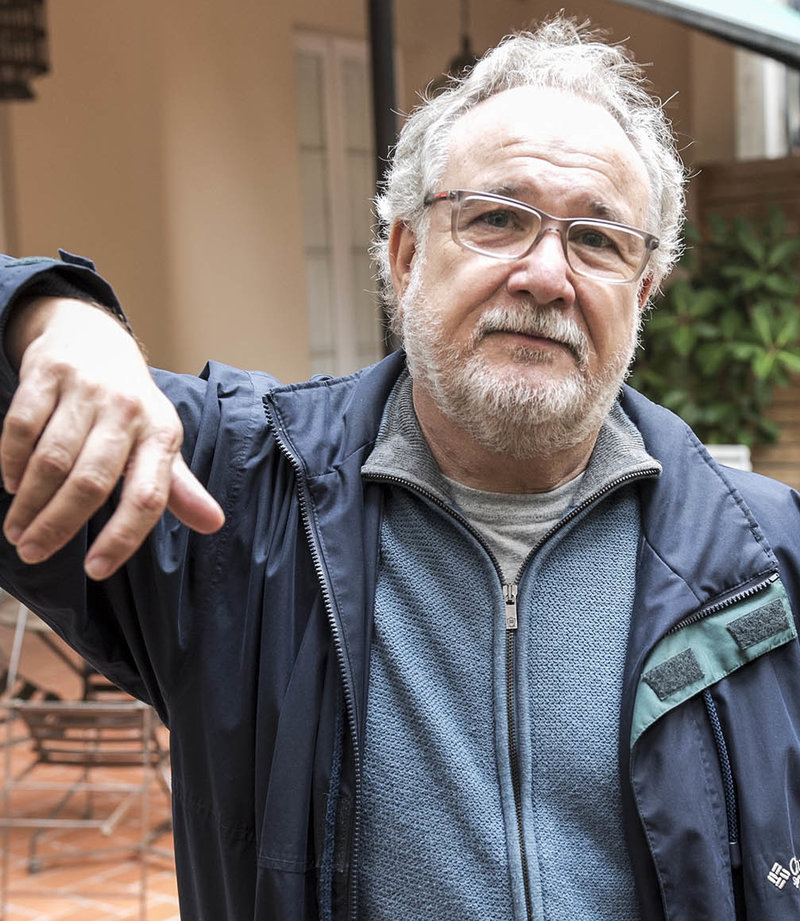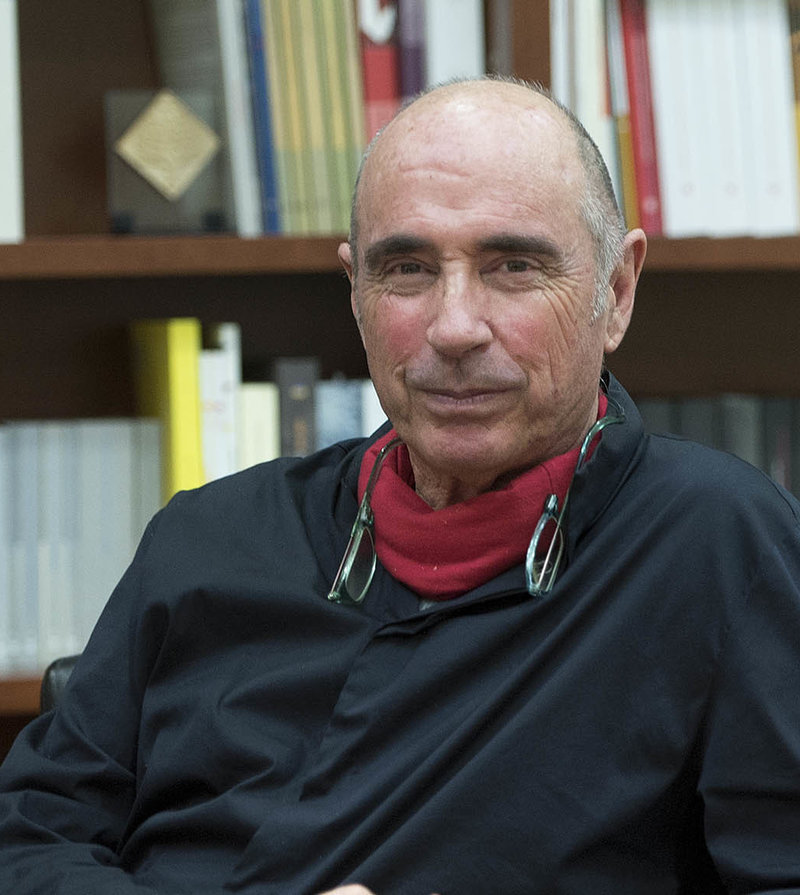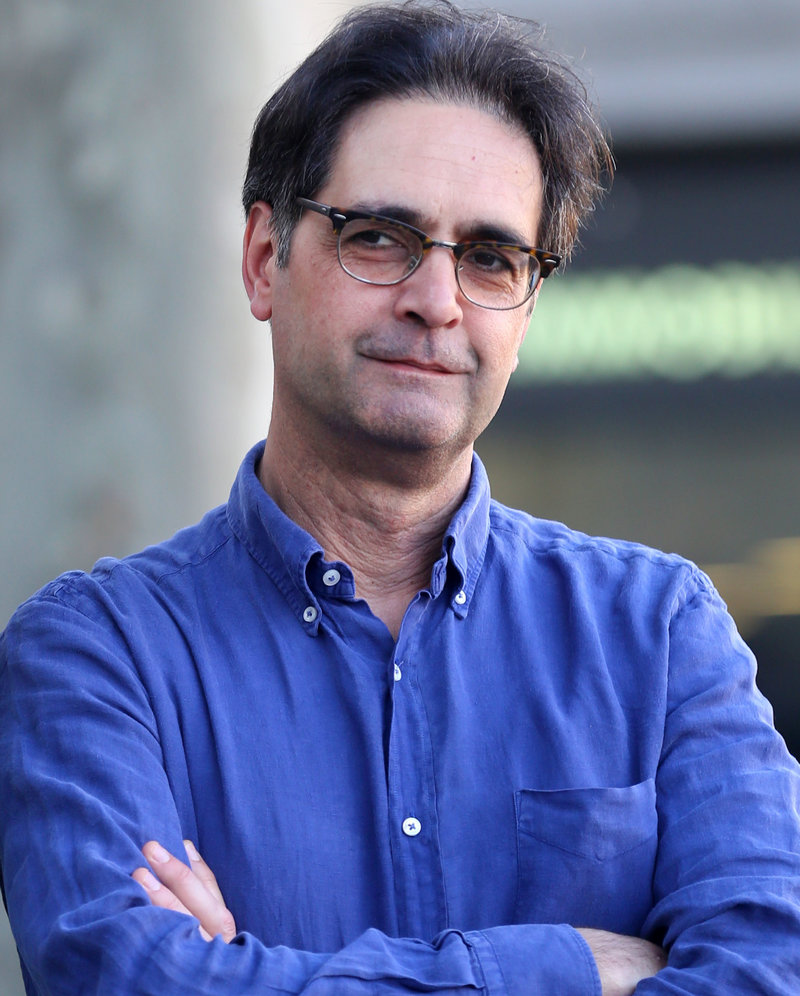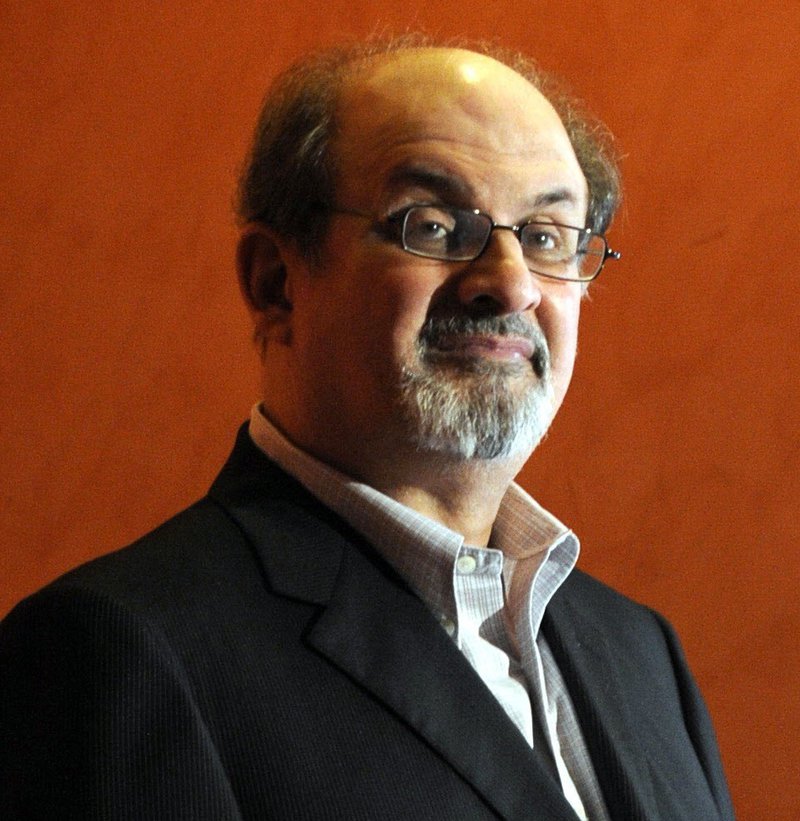The autumn booklist
Autumn sees new books by Vicenç Pagès, Jordi Puntí and Lluís Llach, while among the most anticipated foreign authors are Paul Auster, Arundhati Roy and Ken Follet
After a successful Catalan Book Week last month, now is a good moment to have a look at some of the new books coming out this autumn. Variety is the key to the new book season with different genres, novels, short stories, poetry and essays.
History
Rafel Vallbona brings us an historical novel in La casa de la frontera (Ed. 62, September), the story of a 20th-century Cerdanya family. Meanwhile, Roger Bastida’s La Mirada de la sargantana (Columna, August 30) talks about the muse of Ramon Casas, Júlia Peraire, while El retorn (Columna, September 6), by Carles Casajuana, deals with a difficult period in the life of Josep Carner, when he returned to Catalonia after 30 years of exile. Vicent Usó takes us all the way back to the 16th century in La Mirada de Michelangelo (Bromera, November), a novel about the Renaissance genius, and a mix of noire literature and psychological thriller.
Lluís Llach’s latest book, El noi del Maravillas (Empúries, November 8), follows the life of a singer, the son of a Civil War refugee and a Senegalese soldier from the Argelers camp. Llach’s historical novel covers the whole of the 20th century and is mainly set in Maravillas, a cabaret on Barcelona’s Paral·lel. Barcelona’s version of Broadway is also the setting for Rossend Llurba’s Història del Paral·lel (Comanegra, September), a history of the popular theatrical avenue from 1900 to 1950.
Through the recipes of the skilled cook, Maria Badia, the writer Carme Martí takes a look at the history of the 20th century in El Camí de les Aigües (Amsterdam, October 16). Other historical, but more personal novels, come from Joan-Daniel Bezsonoff with El fill del coronel (L’Avenç, September) and Lluís-Maria Todó with Gramàtica dels noms propis (Club Editor, September). Lluís Foix’s El que la terra m’ha donat (Columna, October 25), follows the rhythm of the four seasons, while Josep L. Badal’s Les coses que realment han vist aquests ulls inexistents (Rata, October 18) brings together the writer’s childhood memories of a remote village.
A look at the present
Other writers have found inspiration in the present: while in Robinson (Empúries, October 18)Vicenç Pagès focuses on a squatter who occupies the house of a family while they are on holiday, Jordi Puntí’s Això no és Amèrica (Empúries, September) is a series of short stories about unusual characters trying to find their way in an absurd world. Valencian writer Martí Domínguez releases the thriller L’assassí que estimava els llibres (Proa, September), an ironic look at the local bourgeoisie where the dead victim turns out to be a literary critic. Meanwhile, young writers include Maria Guasch with Els fills de la llacuna (Begues, 1983) and Coia Valls, whose Si tu m’escoltes (Comanegra, September) follows the story of John Cavage, an American winner whose life changes after losing everything.
Poetry & essays
Highlights include Joan Margarit’s latest volume of poetry, Un hivern fascinant (Proa, October) and Joan Brossa’s Poèmes inèdits (Rata, November). A must among non-fiction is Monika Zgustova’s Vestides per a un ball a la neu (Galàxia Gutenberg, September), a book for which she interviewed survivors of the gulag camps, while Agustí Pons analyses the three revolutions that marked Europe in Zuric, 1917. Lenin, Joyce, Tzara (Pòrtic, September).
Foreign literature
Paul Auster is first among foreign authors, with a new volume that comes after seven years of silence: 4321 (Edicions 62/ Seix Barral), in which Auster returns to his roots as a writer. In fact, Auster visited Catalan Book Week in Barcelona in September to present the book, about a character who lives four simultaneous and independent lives.
Among this autumn’s bestsellers are Dan Brown’s Origen (Columna/ Planeta, October 5), a novel set in various places in Catalonia (Sagrada Família, Montserrat, La Pedrera…), while David Legercrantz continues the Millennium saga with L’home que perseguia la seva ombra (Columna/ Destino, September 7). The British writer Ken Follet presented the sequel of Els Pilars de la terra, Una columna de foc (Rosa dels Vents/ Plaza & Janes, September 12).
Other novelties are Arundhati Roy, who hadn’t published anything for 20 years. El ministeri de la felicitat suprema (Anagrama, September), is a work based on a journey in India. Roy visited Barcelona’s CCCB on October 2. Meanwhile, Salman Rushdie, publishes La decadència de Neró Golden (Proa/ Seix Barral, November 8), in which he critically analyses the last decade in the United States.
Periscopi publishes the latest title by the Pakistani writer Moshin Hamid, Sortida a Occident, and El ferrocarril subterrani by American Colson Whitehead, winner of this year’s Pulitzer prize, and who will also visit Barcelona this October. The Italian writer Roberto Saviano explores the Camorra in La banda dels nanos, set in present-day Naples (Anagrama, September).
Awaited translations
L’Altra Editorial revisits El cor és un caçador solitari, by Carson McCullers (October), and various texts and articles brought together in the volume Entre la solitud i el somni. Joan-Lluís Lluís has translated L’arrenca cors, by Boris Vian (Club Editor, November) and for the first time in Catalan we get William Faulkner’s La mansió, and Victor Hugo’s Els treballadors del mar, both published by Edicions 1984. Finally, Zanoni, is a rare work by UK playwright Edward Bulwer-Lytton (Adesiara).






















